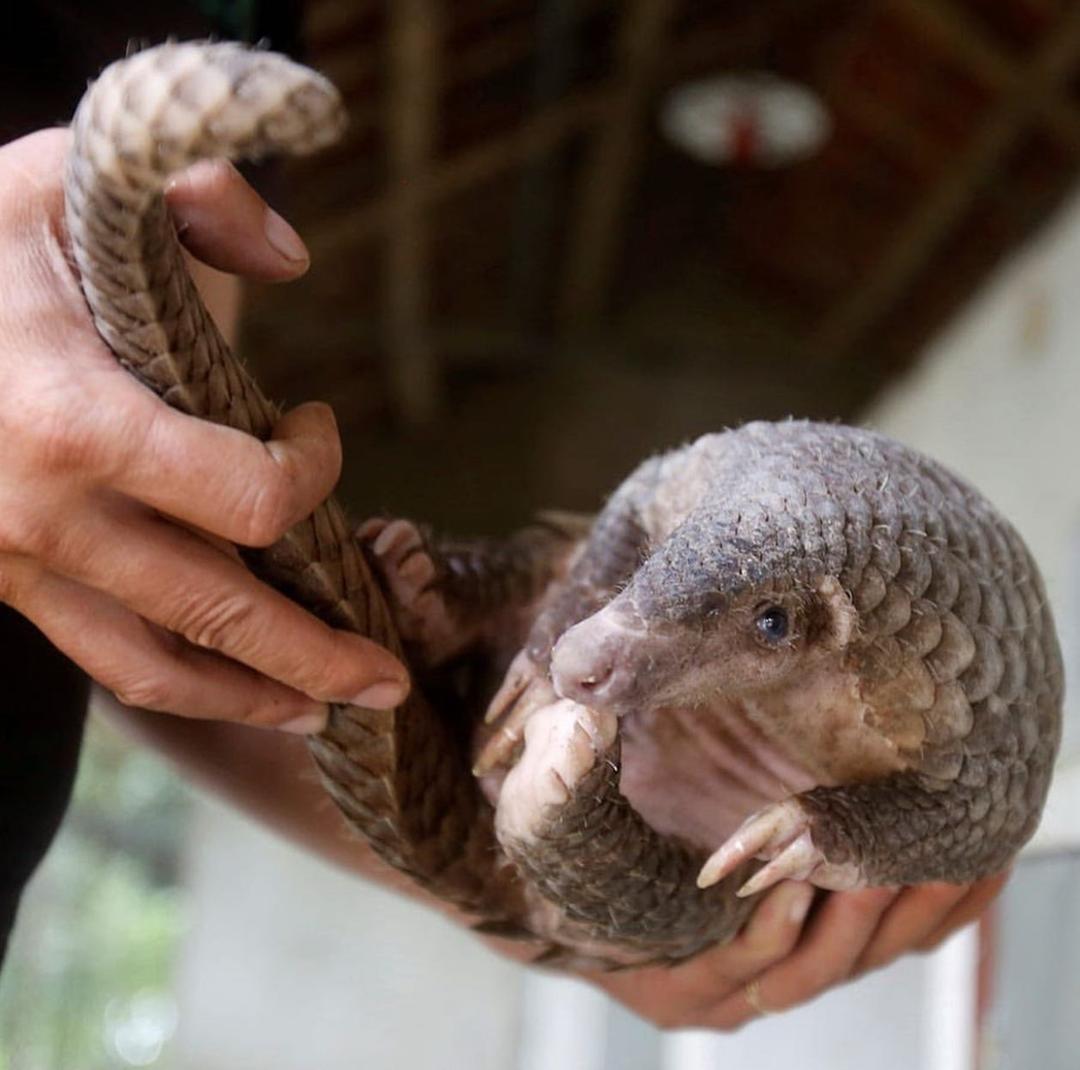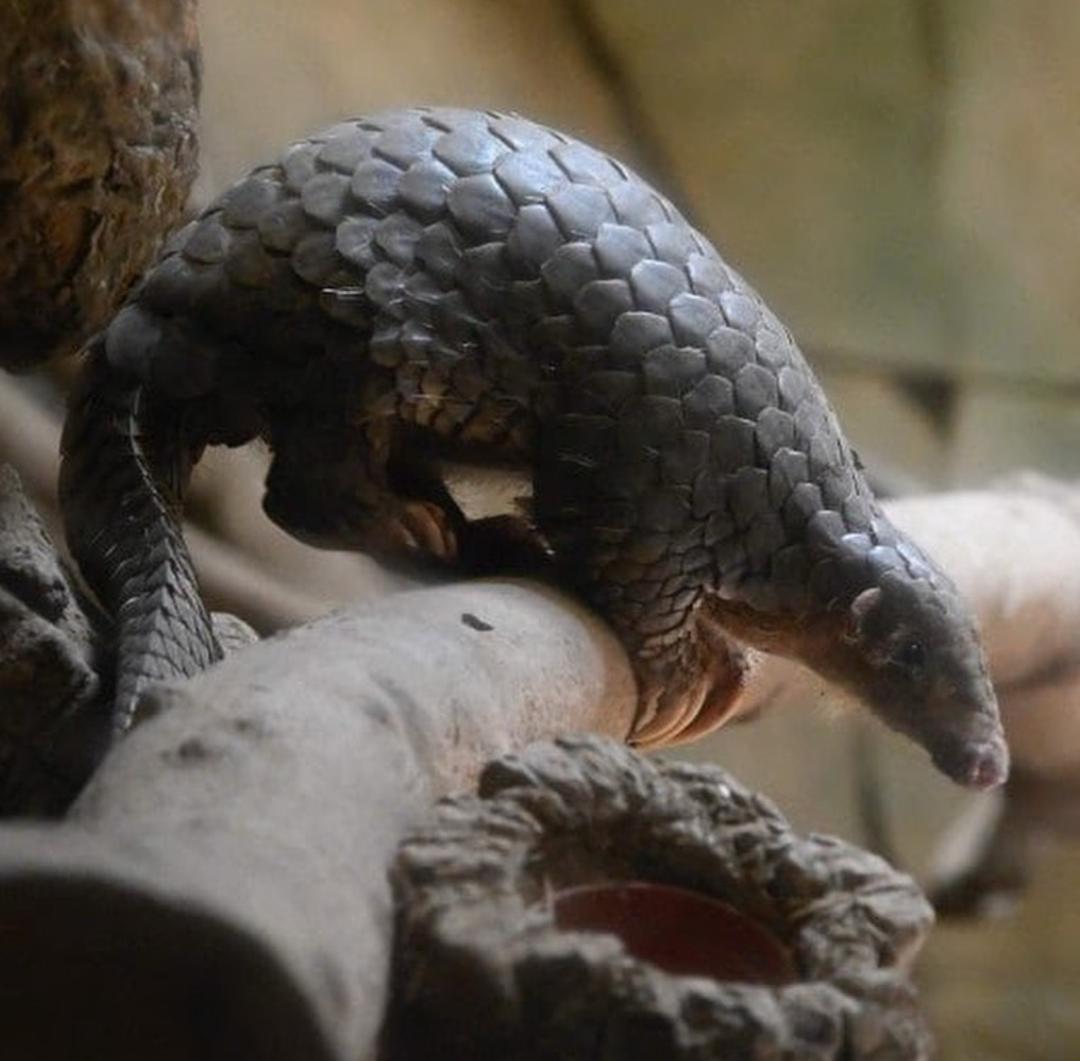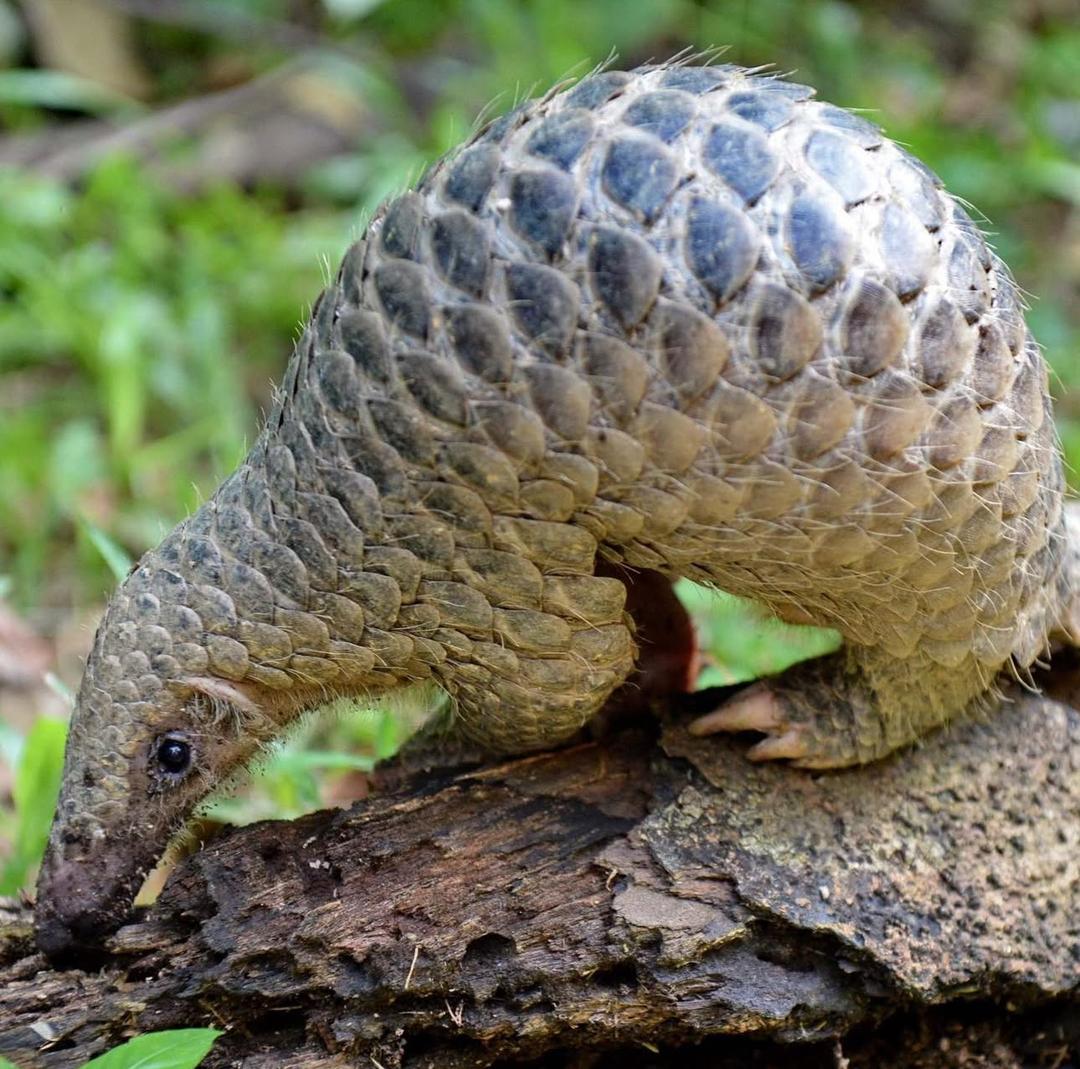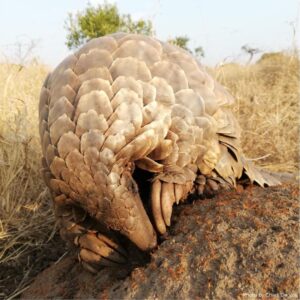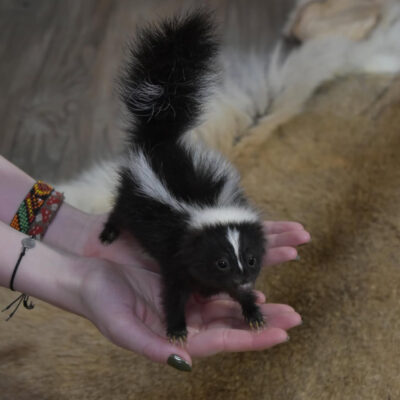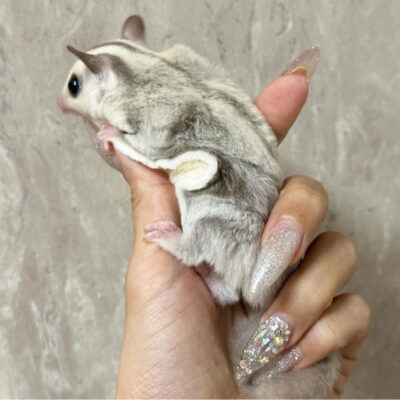Description
Pangolin for Sale: Understanding the Impact of the Pangolin Trade
1. Introduction to Pangolin
Pangolins are one of the most unique and fascinating creatures on Earth. With their scaly exterior and their shy, nocturnal habits, these creatures have captivated the interest of wildlife enthusiasts, researchers, and collectors alike. However, beneath the surface of fascination lies a darker reality. Pangolins are among the most trafficked animals in the world, primarily due to the high demand for their scales, meat, and the use of their body parts in traditional medicine.
In this article, we will explore the Pangolin’s fascinating biology, its current endangered status, and the impact of the illegal trade in Pangolins. If you’ve ever been curious about Pangolins, whether as exotic pets or due to the demand for their scales, this guide will provide a comprehensive overview of the consequences of the Pangolin trade and why it is essential for us to protect this species from extinction.
2. What is a Pangolin?
The Pangolin is a unique mammal known for its distinct appearance, covered entirely in hard, overlapping scales made from keratin—the same material that forms human fingernails. This physical feature makes Pangolins stand out in the animal kingdom, but it also serves a crucial function. The scales are tough and protect the animal from predators, while the Pangolin’s ability to curl into a tight ball when threatened offers further defense.
There are eight species of Pangolins, divided into two primary groups:
- Asian Pangolins: These species include the Chinese Pangolin, Indian Pangolin, Malayan Pangolin, and the Philippine Pangolin. They are primarily found in Southeast Asia and are known for their smaller size.
- African Pangolins: The African species are the Ground Pangolin, Tree Pangolin, Long-tailed Pangolin, and the Black-bellied Pangolin. These species are spread across sub-Saharan Africa and can vary greatly in size and behavior.
Pangolins are primarily insectivores, feeding mostly on ants, termites, and larvae, which they capture using their long, sticky tongues. Their nocturnal nature and preference for solitary existence make them elusive and difficult to study in the wild. Pangolins are also highly territorial, and their populations in the wild are already under considerable pressure due to the rapid loss of their natural habitats and the ongoing poaching crisis.
3. The Growing Demand for Pangolins
The demand for Pangolins has been on the rise globally, driven by multiple factors, including their use in traditional medicine and their appeal as exotic pets. As a result, Pangolins have become a target for illegal poaching and trafficking networks.
Traditional Medicine: In many parts of Asia, particularly China and Vietnam, Pangolin scales are used in traditional medicine. It is believed that the scales possess healing properties, helping with various ailments, including arthritis, skin diseases, and lactation issues. Despite the lack of scientific evidence supporting these claims, the demand for Pangolin scales in these markets has been a driving force behind their decline.
Exotic Pets: Pangolins are also sought after in the exotic pet trade. Their unusual appearance and perceived rarity have made them highly desirable to collectors. As a result, there is a growing underground market for Pangolins, with individuals seeking to buy them illegally. Captive Pangolins are often subjected to poor conditions, leading to their premature death. The trade is not only detrimental to the animals involved but also fuels the broader crisis of wildlife trafficking.
The Black Market: The Pangolin trade is not limited to local markets. The global black market for Pangolin parts and products is vast. According to estimates from wildlife conservation groups, Pangolins are the most trafficked mammals in the world, with millions of individuals falling victim to poaching every year. In 2019 alone, over 130,000 Pangolins were seized from illegal trade operations. Their scales are particularly valuable, fetching high prices on the black market, further incentivizing poachers to capture and kill these creatures.
4. Are Pangolins Legal to Buy and Sell?
One of the most important aspects of the Pangolin trade is understanding the legal landscape surrounding their sale. Unfortunately, the demand for Pangolins persists despite international regulations designed to protect them.
CITES and International Laws: Pangolins are listed under the Convention on International Trade in Endangered Species of Wild Fauna and Flora (CITES), which is an international treaty aimed at ensuring that international trade in specimens of wild animals and plants does not threaten their survival. All eight species of Pangolins are classified under Appendix I of CITES, which prohibits international trade in these animals unless it is for strictly controlled scientific or educational purposes.
Despite this, illegal trade continues to thrive due to loopholes, weak enforcement, and corruption in some regions. Many countries have laws in place to protect Pangolins, but in countries with limited wildlife protection infrastructure, illegal Pangolin trade is rampant.
Country-Specific Regulations: The legal status of Pangolins varies from country to country. For instance, in the United States, it is illegal to import or sell Pangolins under the Endangered Species Act. Similarly, in China and Vietnam, government regulations prohibit the sale of Pangolin products, but enforcement remains a challenge due to high demand. These discrepancies create opportunities for the illegal market to flourish.
Consequences of Illegal Trade: The illegal trade of Pangolins poses a direct threat to their survival. Poaching not only depletes wild populations but also contributes to the broader problem of wildlife trafficking, undermining conservation efforts worldwide. The destruction of ecosystems, habitat loss, and disruption of local wildlife populations can have cascading effects on biodiversity.
5. Ethical and Conservation Considerations
As the Pangolin trade continues to flourish, there are critical ethical and conservation concerns surrounding the practice. The question of whether it is right to buy or sell Pangolins is not just a legal matter, but also one of moral responsibility.
Conservation Efforts: Several international conservation organizations, including the World Wildlife Fund (WWF) and TRAFFIC (the wildlife trade monitoring network), have been working tirelessly to raise awareness about the plight of Pangolins. These organizations advocate for stronger enforcement of wildlife protection laws, increased funding for Pangolin conservation, and the implementation of awareness campaigns to reduce consumer demand.
The Role of Sanctuaries and Rescues: Many Pangolins that are rescued from illegal trade operations are sent to sanctuaries or zoos, where they are rehabilitated and, in some cases, released back into the wild. These efforts are critical in stabilizing Pangolin populations, although reintroducing Pangolins into the wild is a complex and resource-intensive process.
Ethical Implications: Buying Pangolins, whether legally or illegally, perpetuates the cycle of poaching and exploitation. It is essential to consider the ethical implications of supporting such a trade. While some may argue that legalizing the trade could help regulate it, many experts believe that such actions would only exacerbate the problem and drive further demand for these animals.
6. Pangolins as Exotic Pets
While many people view Pangolins as fascinating exotic pets, it’s essential to understand the challenges and ethical concerns associated with keeping them as pets.
Care Requirements: Pangolins are highly specialized creatures with specific dietary and environmental needs. They require a diet rich in insects, particularly ants and termites, which can be challenging to provide in captivity. In addition, Pangolins need a secure environment with ample space to roam and burrow, mimicking their natural habitat.
Health and Wellbeing: Captive Pangolins often suffer from stress and poor health due to unsuitable living conditions. These animals are not domesticated and do not thrive in confined spaces. The stress from being in captivity can lead to illness and premature death, making them unsuitable as pets.
The Legal Implications: In many regions, it is illegal to own a Pangolin as a pet due to the endangered status of the species and the harmful impact on their populations. Even if it were legal, the ethical considerations of taking a wild animal from its natural habitat should not be overlooked.
7. Pangolins in the Wild: The Importance of Preservation
In the wild, Pangolins play an important role in their ecosystem. Their primary function is controlling insect populations, particularly ants and termites, which can otherwise damage plant life and crops. By keeping these insect populations in check, Pangolins contribute to the overall health of their environment.
However, the loss of Pangolins from the wild has a ripple effect on the ecosystem. As their numbers decline due to poaching and habitat destruction, the ecological balance becomes increasingly fragile. It is vital that efforts to protect Pangolins are combined with broader conservation efforts aimed at preserving their habitats.
Return Policy for Pangolin for Sale
At Exotic Domestic Pets, we prioritize the health and safety of our Pangolins. Please review our Return Policy below:
1. Return Eligibility
Returns are accepted under the following conditions:
- Health Issues: If the Pangolin arrives in poor health or with visible injuries, returns are accepted within 48 hours of delivery.
- Wrong Animal Delivered: If the wrong species is delivered, returns or exchanges can be made within 48 hours of receipt.
- Shipping Damage: If the Pangolin is damaged during shipping, contact us immediately with photos, and we will assist with a return.
2. Return Process
- Contact Us: Notify us within 48 hours of receiving the Pangolin via email or phone.
- Return Authorization: We will issue a Return Authorization if the return is accepted.
- Return Shipping: The buyer is responsible for return shipping unless the return is due to our error.
3. Refunds and Exchanges
- Refunds: Processed within 14 business days after the Pangolin is returned and inspected.
- Exchanges: Can be arranged based on availability.
4. Non-Returnable Conditions
- Change of Mind or Improper Care post-delivery will not be eligible for a return.
For questions, please contact customer support at info@exoticdomesticpetsforsale.com
8. Conclusion
The Pangolin is a truly remarkable animal, but its future is at risk due to the illegal trade and exploitation. Understanding the consequences of purchasing Pangolins—whether for traditional medicine, as exotic pets, or for other purposes is essential for fostering a global conservation movement. Ethical and sustainable practices must guide our approach to wildlife conservation, ensuring that future generations will continue to witness these incredible creatures in the wild.
The journey of protecting Pangolins is far from over. We all have a role to play in their preservation. By supporting conservation efforts, advocating for stronger enforcement of wildlife laws, and spreading awareness, we can help prevent the extinction of these fascinating creatures. Let’s ensure that Pangolins are protected for generations to come.
FAQs: Everything You Need to Know About Pangolins and Their Trade
1. What is a Pangolin?
A Pangolin is a unique mammal known for its protective, keratinous scales, which cover its body like armor. These animals are nocturnal and primarily feed on ants and termites, using their long, sticky tongues to capture their prey. Pangolins are solitary creatures and belong to the order Pholidota. There are eight species of Pangolins, split between Asia and Africa. Unfortunately, these fascinating creatures are critically endangered due to illegal hunting and habitat loss.
2. Why are Pangolins endangered?
Pangolins are classified as endangered primarily due to illegal poaching and trafficking. The demand for their meat and scales, especially in traditional medicine and the exotic pet trade, has driven their population to alarming lows. Habitat destruction, such as deforestation, further compounds their vulnerability, and the global trade of Pangolins has placed them on the brink of extinction.
3. Are Pangolins illegal to own?
In many countries, owning a Pangolin is illegal due to their endangered status. Internationally, Pangolins are protected under the Convention on International Trade in Endangered Species (CITES), which makes the commercial trade of Pangolins illegal in many countries. Despite these regulations, illegal trafficking continues to thrive due to weak enforcement and the high demand for Pangolins in the black market.
4. What is the global market for Pangolins?
The global market for Pangolins primarily revolves around their meat and scales. In parts of Asia, particularly China and Vietnam, Pangolin scales are used in traditional medicine, believed to treat ailments such as arthritis and promote lactation. Pangolin meat is also considered a delicacy in some regions. As a result, Pangolins are heavily trafficked, and over a million individuals have been illegally traded in the last decade. The high demand has led to a significant decline in their population across Asia and Africa.
5. Can I buy a Pangolin legally?
Buying a Pangolin legally is highly problematic due to their status as endangered animals. In most countries, it is illegal to buy or sell Pangolins or their parts due to international conservation laws. However, there may be exceptions in some regions, such as for research purposes or in sanctuaries. It is essential to check local laws regarding Pangolin trade to understand the legal implications before attempting to acquire one. But from an ethical standpoint, it is advisable to avoid engaging in any trade that exploits these animals.
6. Why are Pangolins so highly valued?
Pangolins are highly valued in some cultures for both medicinal and culinary purposes. Their scales are used in traditional medicine to treat a wide range of health issues, despite there being no scientific evidence supporting their effectiveness. In some parts of the world, Pangolin meat is considered a delicacy, further fueling demand. Pangolins are also sought after as exotic pets, with their unusual appearance contributing to their allure among collectors. However, these practices are unsustainable and have driven Pangolins to the brink of extinction.
7. What are the ethical concerns around owning a Pangolin as a pet?
Owning a Pangolin as a pet raises significant ethical and practical concerns. First and foremost, Pangolins are wild animals with very specific dietary and habitat needs, which are difficult to replicate in captivity. Capturing Pangolins and removing them from their natural environment for the exotic pet trade disrupts ecosystems and contributes to the species’ decline. Additionally, many countries have laws that prohibit the private ownership of Pangolins due to their endangered status, making it both unethical and illegal to keep one as a pet.
8. What happens when Pangolins are removed from the wild?
Removing Pangolins from the wild can have devastating effects on ecosystems. Pangolins play a crucial role in controlling insect populations, particularly ants and termites, which are essential to the health of many habitats. If Pangolins are removed from the ecosystem, their absence can lead to a disruption in the balance of these insect populations, which can have a cascading effect on the entire ecosystem. Additionally, removing Pangolins for trade depletes their populations and makes it harder for the species to survive in the wild.
9. Are there conservation efforts to protect Pangolins?
Yes, numerous organizations and conservationists are working tirelessly to protect Pangolins. Some of the most prominent organizations include the World Wildlife Fund (WWF), TRAFFIC, and the Pangolin Specialist Group, which are involved in research, advocacy, and grassroots awareness campaigns to stop Pangolin poaching and illegal trade. Conservation efforts focus on strengthening the enforcement of wildlife protection laws, creating sanctuaries, promoting alternative livelihoods for communities that rely on the Pangolin trade, and educating the public about the importance of Pangolins in ecosystems.
10. How can I help protect Pangolins?
There are several ways you can help protect Pangolins:
- Support Conservation Organizations: Donate to or volunteer with organizations focused on Pangolin conservation, such as WWF, TRAFFIC, and the Pangolin Crisis Fund.
- Raise Awareness: Educate others about the plight of Pangolins, and spread information on the dangers of the illegal trade.
- Avoid Purchasing Pangolin Products: Do not support the Pangolin trade by purchasing products made from their scales or meat. If you encounter Pangolin products for sale, report it to local authorities.
- Support Sustainable Practices: Advocate for more sustainable practices in your community and support initiatives that prioritize wildlife conservation and ethical sourcing.
11. Are Pangolins kept in zoos?
Yes, many Pangolins are kept in reputable zoos and wildlife sanctuaries, where they are given the proper care and protection from poaching. These institutions play a crucial role in raising awareness about Pangolin conservation and help ensure that Pangolins are safe from exploitation. In some cases, zoos also participate in breeding programs aimed at increasing Pangolin populations in captivity, which can later be released into the wild when feasible.
12. What is the future for Pangolins?
The future of Pangolins depends on the global commitment to halting illegal trafficking and addressing the root causes of their decline, such as habitat loss and unsustainable demand. While the outlook is concerning, there are ongoing efforts to protect Pangolins, and some species have shown signs of recovery in regions where conservation measures have been implemented. It is vital that we continue to push for stronger wildlife protection laws, support conservation programs, and educate the public on the importance of saving Pangolins.
13. Are there any success stories in Pangolin conservation?
Yes, there have been several success stories in Pangolin conservation. One example is the work being done in Southeast Asia, where local governments and conservation groups have successfully reduced poaching activities in certain areas through strengthened laws and enforcement. In some regions of Africa, conservation programs have been set up to monitor and protect Pangolin populations, helping to slow down their decline. These efforts, along with public education campaigns, have led to a decrease in illegal trade and an increase in awareness about the need for conservation.

